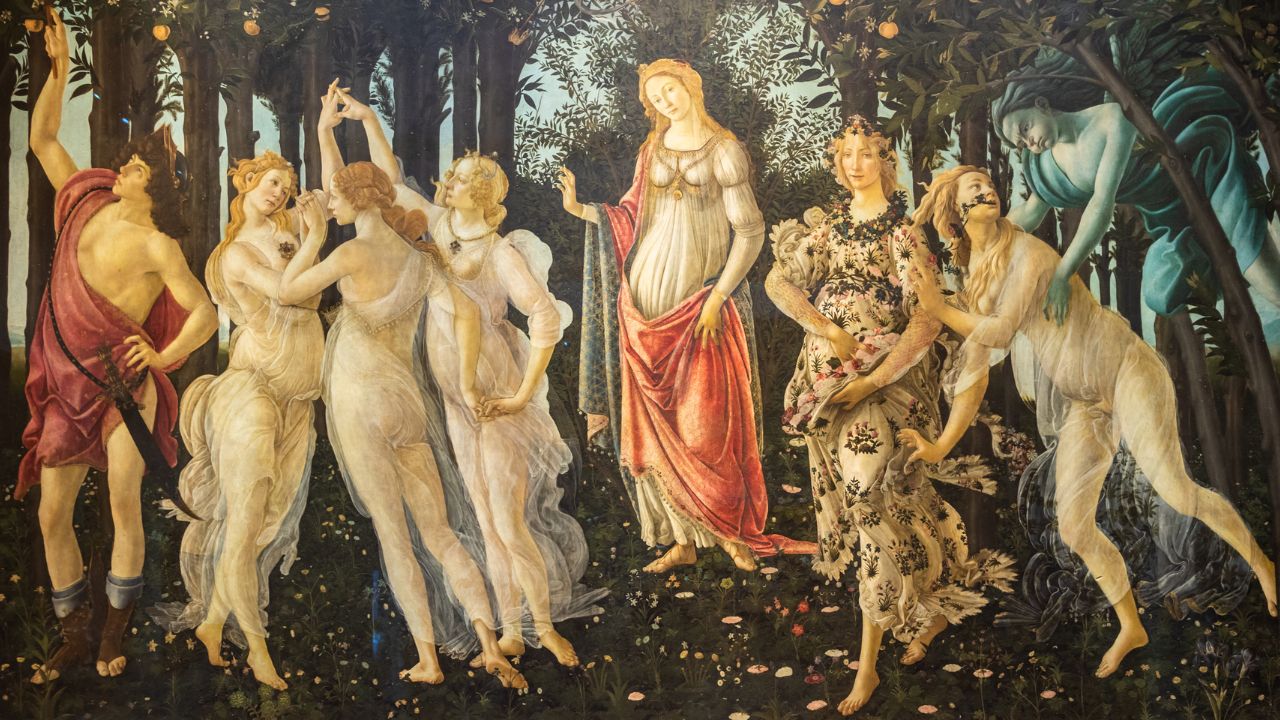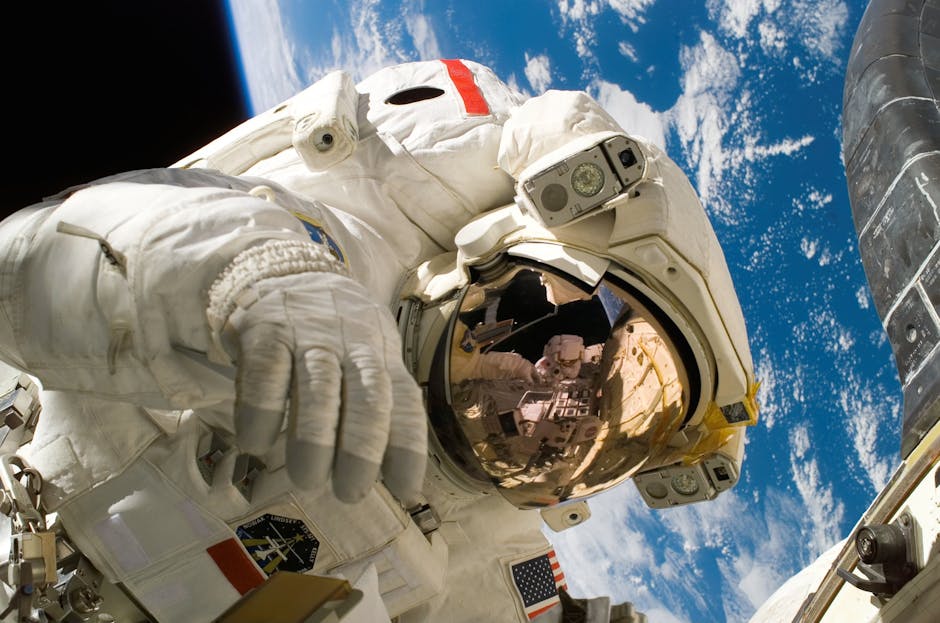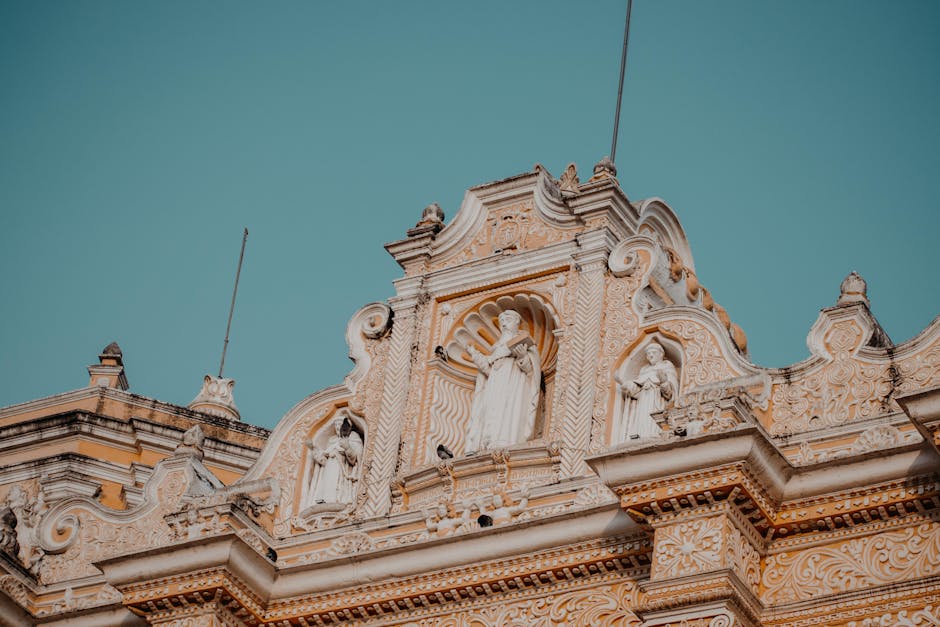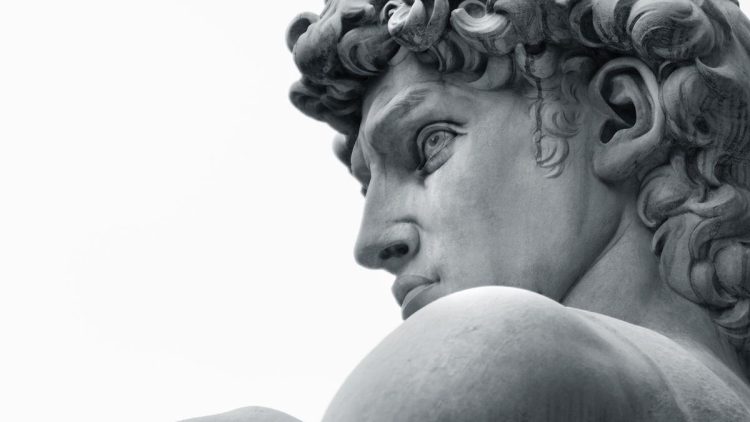Imagine a world where Leonardo da Vinci and Voltaire are at a dinner party discussing their respective eras, the Renaissance and the Enlightenment. Da Vinci, with his artistic flair and thirst for knowledge, waxes poetic about the rebirth of classical ideals and humanism. Meanwhile, Voltaire, with his sharp wit and philosophical musings, champions reason and logic as the pinnacle of intellectual enlightenment. Join us as we delve into the debate between these two titans of history and explore how their ideas continue to shape modern thought.
Key Characteristics of the Renaissance Era
The Renaissance era was a time of great change and innovation, with key characteristics that set it apart from other periods in history.
One of the most notable characteristics of the Renaissance era was the emphasis on art and culture. This era gave rise to some of the greatest artists and thinkers in history, including Leonardo da Vinci, Michelangelo, and Galileo. These individuals pushed the boundaries of their respective fields and paved the way for future generations to explore new ideas and concepts.
Another key characteristic of the Renaissance era was the revival of classical learning. Scholars during this time were heavily influenced by the works of ancient Greek and Roman philosophers, and they sought to incorporate these ideas into their own thinking. This focus on classical texts helped to spark a renaissance of knowledge and understanding that continues to shape our world today.
Lastly, the Renaissance era was marked by a spirit of curiosity and exploration. People during this time were eager to push the boundaries of what was known and to discover new lands and ideas. This sense of adventure led to the Age of Exploration and paved the way for the scientific revolution that would come in the centuries that followed.
Impact of Humanism on Renaissance Thought
In the bustling streets of Renaissance Europe, the winds of change were blowing, and at the heart of it all was the powerful impact of humanism on the collective consciousness of the era. Let’s take a closer look at how this philosophical movement influenced the way people viewed the world and their place in it.
Humanism taught people to look beyond the confines of tradition and embrace the power of reason and critical thinking. Suddenly, the shackles of ignorance were being cast off, and minds were set free to explore new horizons. It was like a Renaissance rave, with ideas bouncing off the walls and creating a cacophony of intellectual excitement.
One of the key aspects of humanism was the emphasis on the individual and their potential for greatness. No longer were people content to merely shuffle through life like mindless sheep. They were encouraged to cultivate their talents and pursue their passions with gusto. It was like a self-help seminar on steroids, with everyone striving to be the best version of themselves.
With humanism leading the charge, the Renaissance became a hotbed of creativity and innovation. Art, literature, science – no corner of society was left untouched by the transformative power of this philosophical movement. It was a Renaissance remix, with old ideas being reimagined and reinvigorated for a new generation.

Scientific Revolution and Enlightenment Ideas
During this time period, scientists and philosophers were shaking things up and challenging the traditional ways of thinking. It was like a intellectual party where everyone was invited to question everything they knew about the universe.
Some of the key ideas that emerged during this era included:
- Empiricism: The belief that knowledge comes from sensory experience and observation rather than just relying on tradition or authority. Basically, they were saying “show me the data before I believe your crazy theories!”
- Scientific Method: A fancy way of saying “let’s use logic and experiments to figure stuff out instead of just making wild guesses.” It was like the original Mythbusters, but with less explosions.
- Social Contract Theory: This idea that governments should only exist with the consent of the governed. It was like a breakup letter to monarchy – “it’s not you, it’s me…actually, it’s totally you and we’re done.”
So basically, during the Scientific Revolution and Enlightenment, people were throwing around ideas like they were confetti at a parade. It was a time of intellectual awakening, where people dared to challenge the status quo and think for themselves. And hey, who doesn’t love a good party where you get to question the meaning of life over a few glasses of wine?

Enlightenment Thinkers and their Influence on Modern Philosophy
Let’s take a journey back in time to explore how Enlightenment Thinkers have influenced modern philosophy. These brilliant minds from centuries ago still have a significant impact on how we think and view the world today.
First up, we have the one and only Voltaire. This witty French philosopher believed in reason, science, and freedom of thought. His ideas of tolerance and freedom of speech laid the groundwork for modern democratic societies. Plus, he had a sharp tongue and wasn’t afraid to use it!
Next, we have the legendary Immanuel Kant. Known for his complex philosophical theories, Kant revolutionized the way we think about ethics, metaphysics, and epistemology. His concept of the categorical imperative urges us to act morally and ethically, regardless of the consequences. Talk about a heavy thinker!
And last but not least, we can’t forget about John Locke. This English philosopher’s ideas on freedom, government, and natural rights greatly influenced modern political thought. His belief in individual rights and limited government continues to shape our views on democracy and human rights today. Thanks, Locke!

Artistic and Cultural Contributions of the Renaissance and Enlightenment
During the Renaissance and Enlightenment periods, artists and thinkers made significant contributions to society through their innovative creations and ideas. Let’s take a closer look at some of the most impactful artistic and cultural developments from this exciting time in history.
Renaissance:
- Masterpieces like Leonardo da Vinci’s Mona Lisa and Michelangelo’s David revolutionized the art world and continue to inspire awe today.
- The invention of perspective in art by Filippo Brunelleschi paved the way for realistic depictions of space and depth in paintings.
Enlightenment:
- Philosophers such as Voltaire and John Locke challenged traditional beliefs and promoted the values of reason, science, and freedom of thought.
- Literary giants like Jane Austen and Voltaire produced works that examined societal norms and critiqued the injustices of their time.
Overall, the Renaissance and Enlightenment periods were crucial in shaping the cultural landscape of Western civilization and laying the foundation for the modern world we live in today. These eras were truly a golden age of creativity and intellectual growth that continues to influence artists and thinkers around the globe.
Political and Social Changes Stemming from Renaissance and Enlightenment Ideals
**Impact on Political Changes:**
During the Renaissance and Enlightenment periods, there was a shift from the traditional feudal system to more centralized forms of government. Monarchs began to question the divine right of kings and instead turned to the idea of a social contract between the ruler and the ruled. This led to the development of constitutional monarchies and eventually to the emergence of democratic ideals.
**Social Changes:**
The Renaissance and Enlightenment also brought about significant changes in societal norms and values. Humanism, a key principle of the Renaissance, emphasized the importance of human potential and individualism. This led to a greater emphasis on education and the arts, as well as a questioning of traditional religious beliefs. The Enlightenment further pushed for social equality, challenging the rigid social hierarchies of the past.
**Liberalism and Individual Rights:**
The ideas of the Renaissance and Enlightenment paved the way for the development of liberalism and the concept of individual rights. Philosophers like John Locke and Jean-Jacques Rousseau argued for the natural rights of individuals, such as the right to life, liberty, and property. These ideas would go on to influence political revolutions around the world and shape modern democratic societies.
**Education and Enlightenment:**
The Renaissance and Enlightenment also placed a greater emphasis on education and critical thinking. Schools and universities began to focus on the sciences and humanities, rather than just religious teachings. This shift in education helped to foster a more enlightened and progressive society, where individuals were encouraged to question authority and think for themselves.
FAQs
What were some key differences between the Renaissance and Enlightenment periods?
Well, during the Renaissance, people were all about art, literature, and the pursuit of knowledge, while the Enlightenment was more about reason, science, and challenging traditional beliefs. So, it’s like the Renaissance was all about painting pretty pictures, and the Enlightenment was like, “Let’s put on our thinking caps and question everything.”
How did the Renaissance and Enlightenment influence modern thought?
Oh, they totally left their mark on modern thinking! The Renaissance inspired a love for creativity, beauty, and humanism, which can be seen in everything from our architecture to our fashion choices. And the Enlightenment, well, that’s where we got the whole ”age of reason” thing from. It taught us to think critically, value equality, and push the boundaries of what was previously accepted as truth.
What are some ways in which the Renaissance and Enlightenment still impact society today?
Oh, they’re everywhere! The Renaissance gave us some of the greatest works of art and literature that we still admire today, like Shakespeare and Michelangelo. And the Enlightenment? Well, it’s basically the reason we have things like democracy, human rights, and the scientific method. So, next time you’re voting or conducting an experiment, you can thank these two periods for setting the stage.
—
And the Winner Is…
So, who takes the crown in the battle of Renaissance vs. Enlightenment? Well, it’s a tough call. The Renaissance brought us beautiful art, groundbreaking scientific discoveries, and a rediscovery of classical knowledge. But the Enlightenment gave us reason, individualism, and democracy. In the end, I think we can all agree that both movements have had a profound impact on modern thought. So, let’s raise a glass to the Renaissance and the Enlightenment, and all the ways they continue to shape our world today. Cheers!






